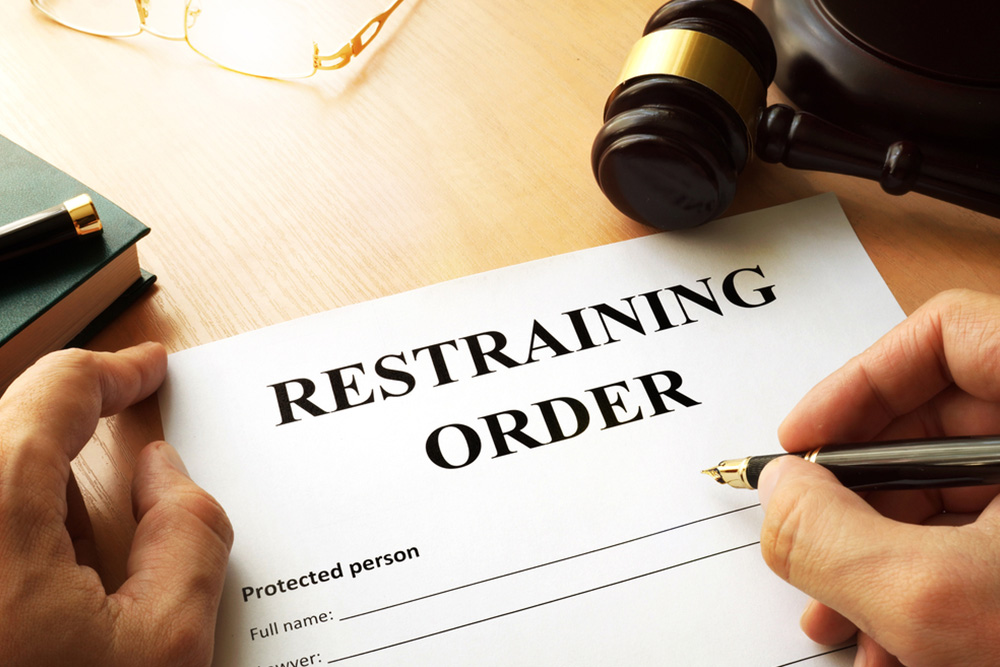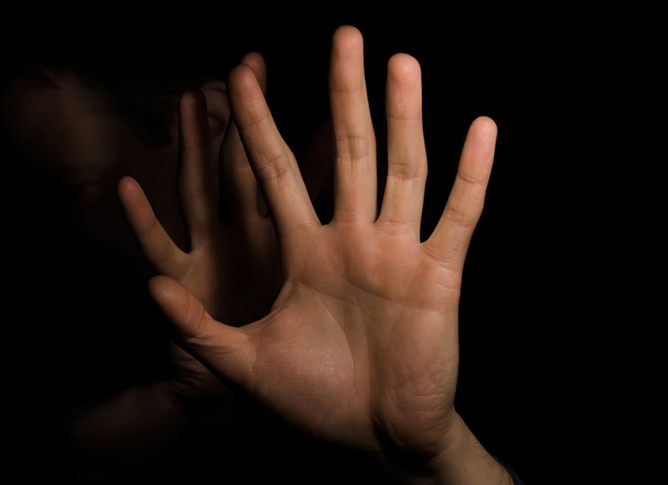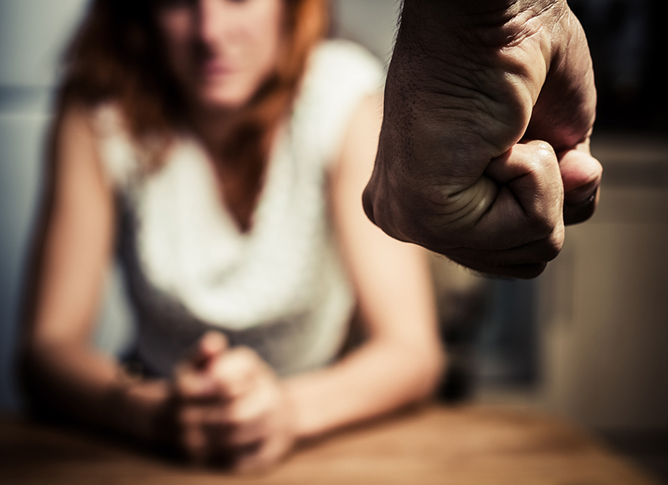FAMILY LAW ARTICLES
8 types of domestic abuse evidence
Domestic violence cases are notorious for being hard to prove in court.
The problem is that it’s often a “he said, she said” situation. You claim your partner struck you in a fit of rage or abused you methodically for years. Your partner claims that you got injured in an innocent accident or that you even did it on purpose just to set him or her up. How do you get to the bottom of it and show what really happened? Having one person’s word against another’s is something of a stalemate.
Gathering evidence
The key is to focus on bringing in evidence that backs up your side of the story. Don’t rely on your word alone. Understand that you need to prove that your word is true in case your partner flat out calls you a liar in court. It may not happen, but preparing for it puts you in position to succeed.
Here are eight potential ways to document the case:
- Get medical reports any time you suffer an injury. Not only does this show that you really did get hurt, but doctors are incredibly good at understanding how an injury happened. Your partner’s excuse may not hold up.
- Search out witnesses. Perhaps they did not see the actual attack, but they can still help shed light on the situation. Maybe they saw a heated argument earlier in the day.
- Always take pictures. Photos can show the scope of your injuries, which could heal significantly by the time you even get to court. Take pictures as soon as possible after the event, preferably with a timestamp.
- Gather police reports. At some point, you called the police or a witness did. Police can give their opinion of events or, in some cases, play back audio of that call.
- Take pictures in the home, as well. Many domestic violence episodes lead to broken windows, holes in the wall and personal items scattered all over. Take pictures to show the house in disarray before cleaning up.
- Keep anything that got broken. Everything from a TV to a table lamp can help show the court how bad things got. Damage is often clearly not accidental, such as a TV with a hole through the screen where it has been intentionally struck.
- If your partner used weapons, present them or at least pictures of them. Remember, this does not just mean guns, knives and traditional weapons. Any heavy object can become a weapon.
- Write everything down. List out every detail. Date it. Write down what happened, what was said and everything you remember. This diary can help you gather your thoughts and tell an accurate story in court.
As you look into all of your legal options, this type of evidence helps strengthen your case, and it’s very important to be proactive about gathering it quickly.
















